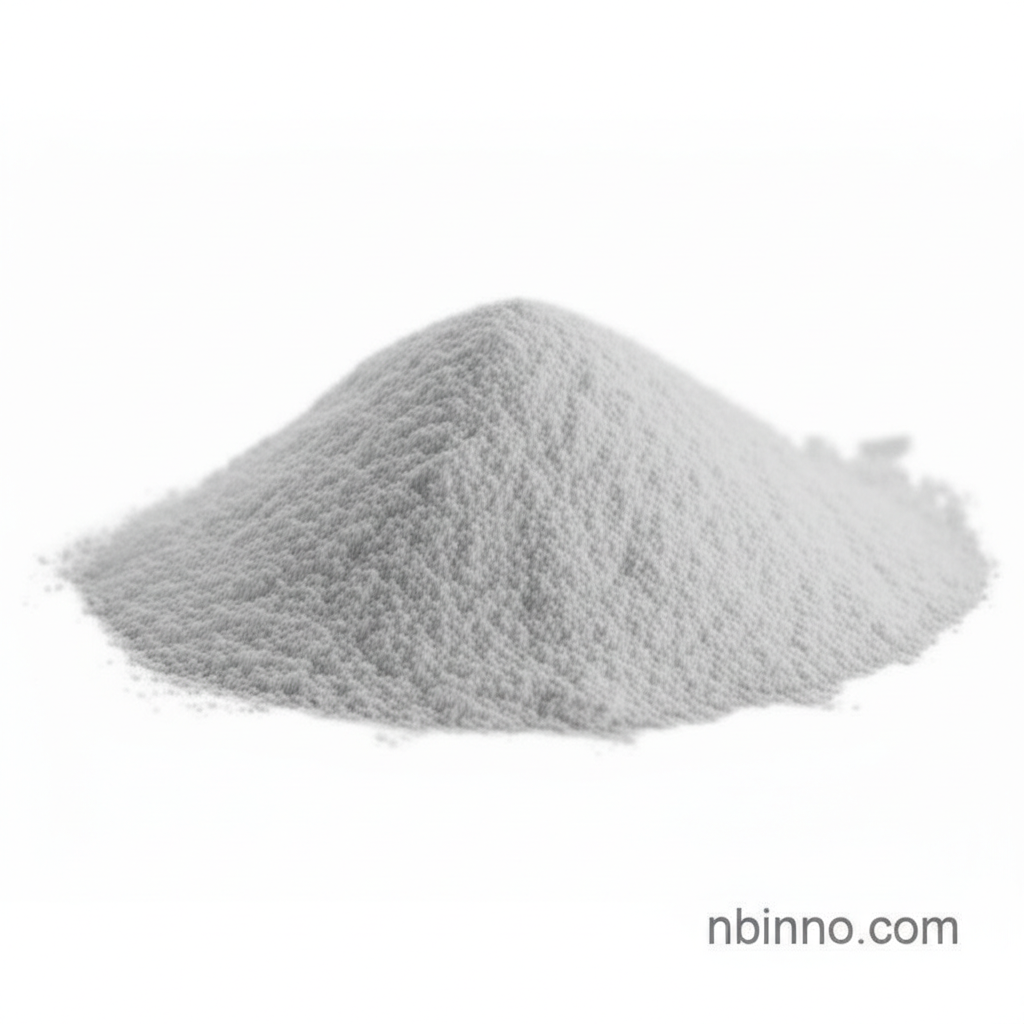N-6-Trifluoroacetyl-L-lysine: Synthesis, Properties, and Applications in Peptide Chemistry
Explore the essential details of CAS 10009-20-8, a key compound in pharmaceutical intermediates and peptide synthesis.
Get a Quote & SampleProduct Core Value

Trifluoroacetyl-L-lysine
Trifluoroacetyl-L-lysine serves as a critical intermediate in the synthesis of complex organic molecules and peptides. Its unique structure, incorporating a trifluoroacetyl group, offers distinct reactivity and properties beneficial for various chemical transformations and research applications, including metabolite studies.
- Understanding trifluoroacetyl lysine metabolite pathways is crucial for advanced biochemical research.
- Explore the detailed CAS 10009-20-8 chemical information for your research needs.
- The N-6-Trifluoroacetyl-L-lysine synthesis route is optimized for purity and yield.
- Discover the versatile N-6-Trifluoroacetyl-L-lysine applications in modern organic chemistry.
Advantages of Using Trifluoroacetyl-L-lysine
Enhanced Reactivity
The trifluoroacetyl group provides enhanced reactivity, making it a valuable building block in complex organic synthesis and facilitating specific chemical transformations required for advanced applications.
Peptide Synthesis Utility
Its role in peptide synthesis is significant, allowing for the creation of modified peptides with tailored properties, which is essential for drug discovery and development.
Metabolic Research Applications
As a cysteine conjugate metabolite, it aids in understanding biological pathways and is instrumental in developing antibodies for studying metabolic adducts in mitochondrial proteins.
Key Applications
Peptide Synthesis
The precise N-6-Trifluoroacetyl-L-lysine synthesis processes ensure high purity, making it ideal for creating custom peptides with specific sequences and functionalities required in pharmaceutical research.
Organic Building Block
It serves as a versatile organic building block, enabling chemists to construct complex molecular architectures for various fine chemical and pharmaceutical intermediate applications.
Biochemical Studies
Its identification as a cysteine conjugate metabolite makes it invaluable for biochemical studies, particularly in understanding cellular processes and developing diagnostic tools related to metabolic pathways.
Research and Development
Facilitates R&D efforts by providing a reliable source of Trifluoroacetyl-L-lysine for laboratory experiments, contributing to advancements in medicinal chemistry and drug development.
